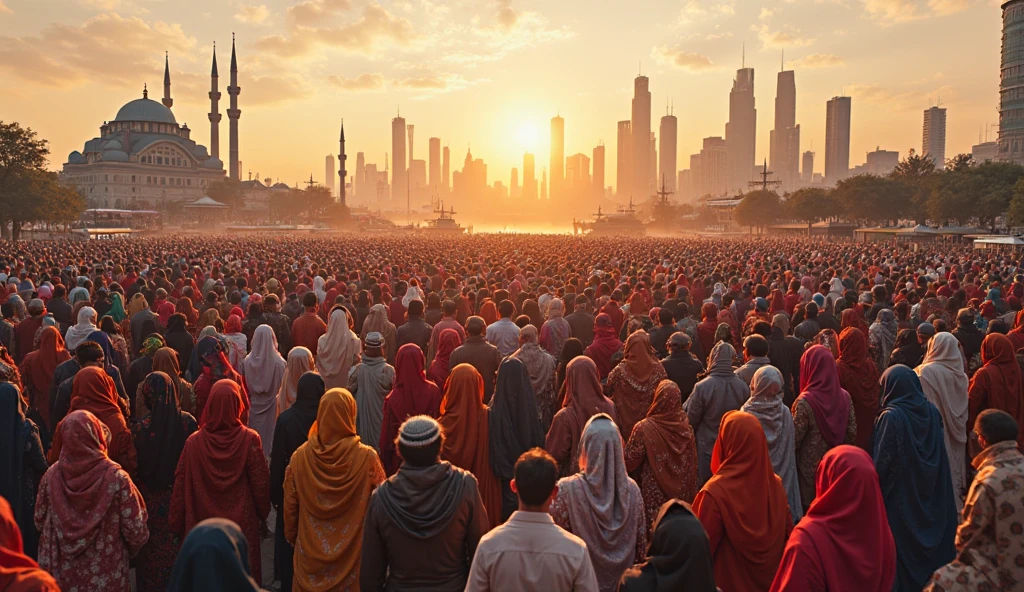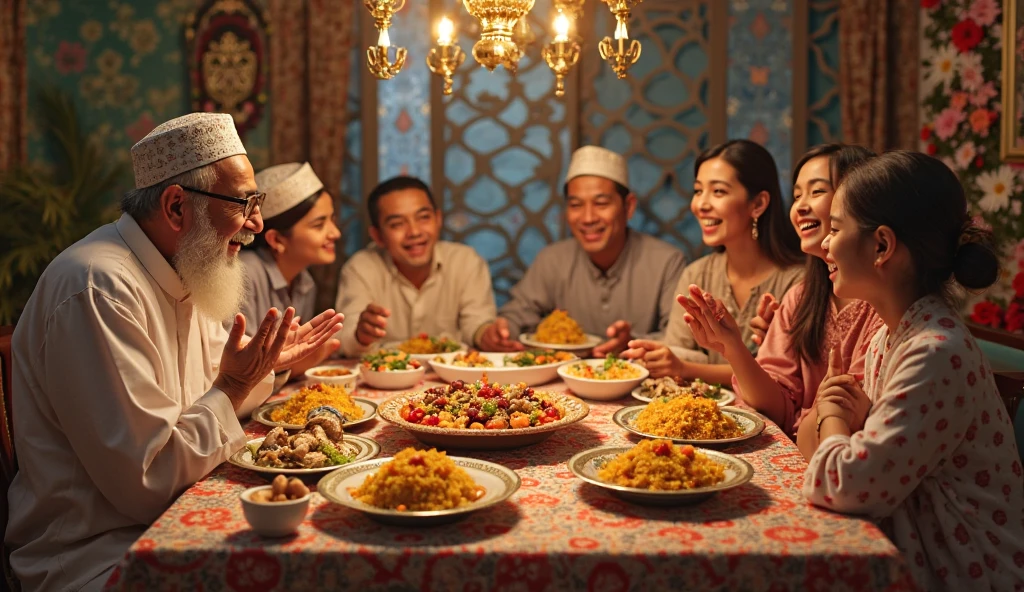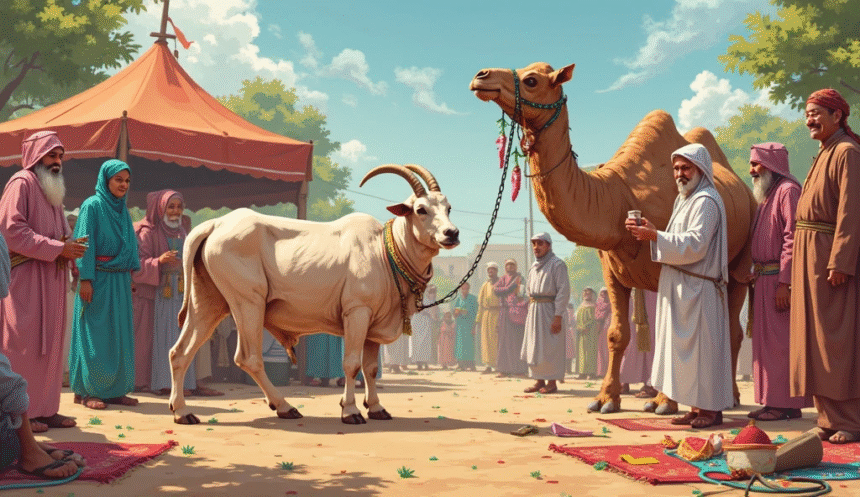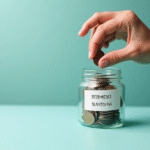Bakra Eid, also known as Eid al-Adha, is one of the most spiritually significant and widely celebrated Islamic festivals across the world. It marks a time of devotion, compassion, and unity. In 2025, Bakra Eid is expected to fall on Saturday, June 7, subject to moon sighting. While its origins are rooted in profound faith, today the festival reflects both a spiritual tradition and a global cultural moment, observed by over 1.8 billion Muslims worldwide.
The Origin: A Legacy of Faith and Obedience
Bakra Eid commemorates the Prophet Ibrahim’s (Abraham’s) willingness to sacrifice his son in obedience to God’s command—a test of faith and submission. At the final moment, God replaced his son with a ram, signifying divine mercy and reward for obedience.
To honor this event, Muslims around the world perform Qurbani—the ritual sacrifice of livestock. This act serves as a reminder to put faith, humility, and generosity above materialism.

Global Observance: How the World Celebrates Bakra Eid
While the core rituals are consistent, the way Bakra Eid is celebrated varies by region:
🇸🇦 Saudi Arabia & The Middle East:
Muslims performing Hajj in Mecca observe Eid with a profound sense of spiritual connection. It is the pinnacle of the pilgrimage, marked by mass prayers, the symbolic stoning of the devil, and animal sacrifice performed near Mina.
🇮🇩 Indonesia & Southeast Asia:
As the largest Muslim-majority nation, Indonesia celebrates Eid with huge public prayers, community feasts, and mass Qurban drives that distribute meat across remote villages.
🇬🇧 UK, 🇨🇦 Canada & 🇺🇸 US:
In Western countries, Muslim families gather for Eid prayers, social events, and digital donations to Qurbani charities supporting people in conflict zones like Gaza, Sudan, and Yemen.
🇲🇦 Morocco:
In 2025, Morocco made headlines by suspending live animal sacrifices due to a drop in livestock and rising economic concerns. Citizens instead engaged in symbolic acts of giving and community service.
Rituals and Spiritual Practices
1. Eid Prayer (Salat al-Eid):
Held in large mosques or open grounds shortly after sunrise. The sermons emphasize sacrifice, compassion, and the importance of supporting the less fortunate.
2. Qurbani (Sacrifice):
Eligible Muslims sacrifice a goat, sheep, cow, or camel. The meat is distributed into three parts:
- One-third for the family
- One-third for relatives and friends
- One-third for those in need
Modern Qurbani services also allow online donations to trusted NGOs and charities operating globally.

3. Charity and Social Justice:
The essence of Eid al-Adha is sharing and caring. Muslims donate not just meat, but money, clothes, and food supplies to communities struggling with poverty, war, or displacement.
4. Feasting and Family Time:
The day is filled with traditional food, such as:
- Biryani, nihari, and kebabs in South Asia
- Tagine and couscous in North Africa
- Roasted meats and pastries in the Middle East

It’s also a time to connect with extended family, visit elders, and give children Eidi (gifts or money).
Eid 2025 in the Digital Age
With Gen Z and Millennials playing a big role in cultural storytelling, Eid celebrations are now amplified through platforms like Instagram, TikTok, and YouTube. Influencers showcase:
- Modest fashion lookbooks
- DIY Eid décor
- Cooking reels
- Charity drive vlogs
The digital sphere is turning Eid into both a spiritual celebration and a cultural movement, helping to bridge traditions with the modern world.
Final Reflections
Bakra Eid is far more than just a religious obligation—it is a celebration of values that transcend borders: faith, empathy, generosity, and family. In 2025, as the world continues to recover socially and economically, this sacred occasion reminds us of what truly matters—sacrifice not for self, but for others.








